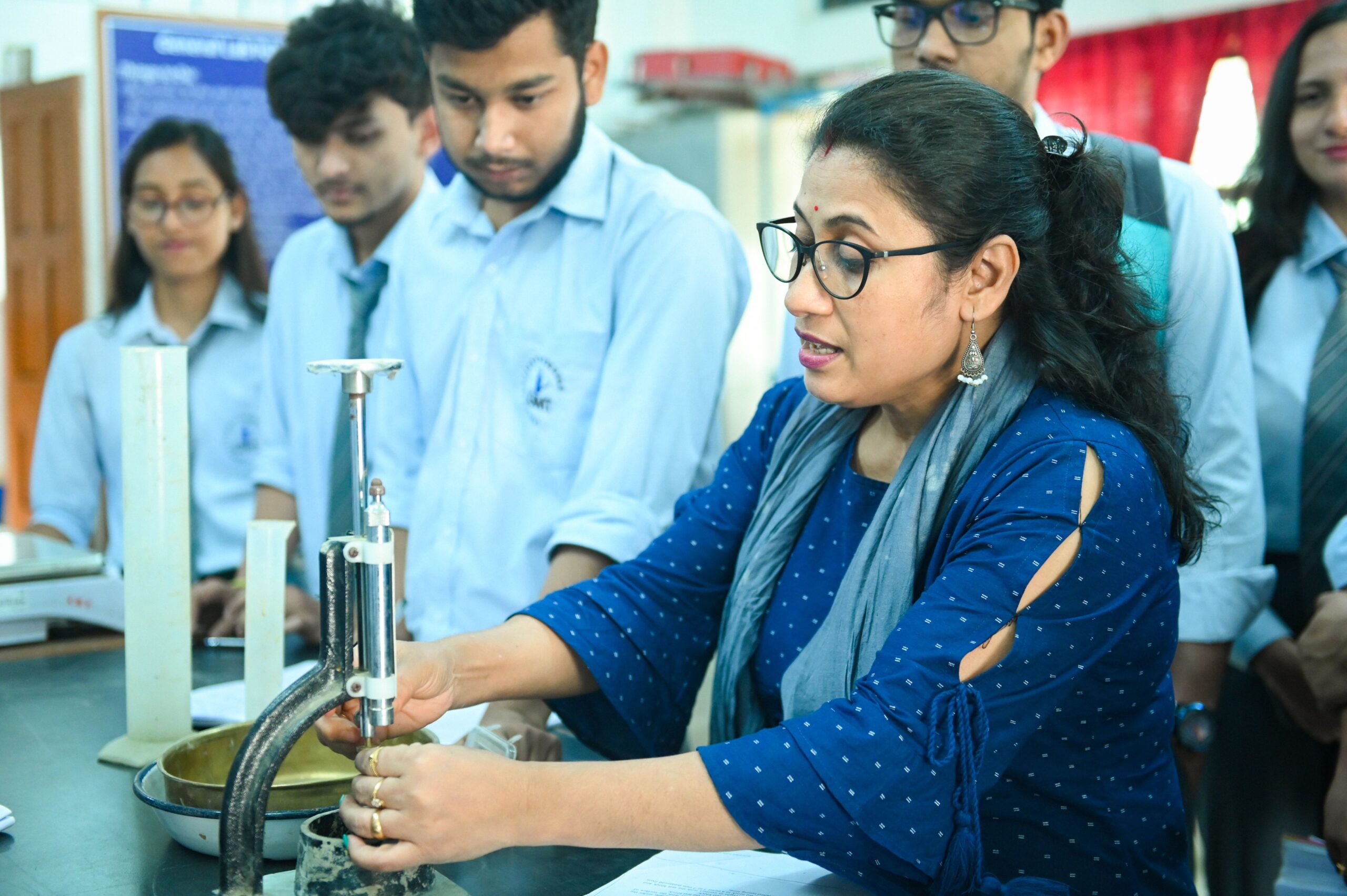Under the auspices of Girijananda Chowdhury University, the Department of Civil Engineering offers four-year Bachelor of Technology programme. The curriculum encompasses 163 credit hours of teaching, practical, seminar, training, and project work covering a wide variety of civil engineering specializations. These specializations include geotechnical engineering, structural engineering, environmental engineering, surveying, transportation engineering, and water resource engineering, among others. The emphasis of this program is on the technical aspects of planning, analyzing, designing, estimating, and supervising the construction of essential modern facilities such as bridges, highways, offshore buildings, schools and colleges, airports, dams, water facilities, and sewage systems. Thus, the branch of Civil Engineering is regarded as the most diverse among allot her disciplines.

The 4 year undergraduate course in Civil Engineering is offered under the university’s specialised School of Engineering and Technology.
Under the auspices of Girijananda Chowdhury University, the Department of Civil Engineering offers four-year Bachelor of Technology programme. The curriculum encompasses 163 credit hours of teaching, practical, seminar, training, and project work covering a wide variety of civil engineering specializations. These specializations include geotechnical engineering, structural engineering, environmental engineering, surveying, transportation engineering, and water resource engineering, among others. The emphasis of this program is on the technical aspects of planning, analyzing, designing, estimating, and supervising the construction of essential modern facilities such as bridges, highways, offshore buildings, schools and colleges, airports, dams, water facilities, and sewage systems. Thus, the branch of Civil Engineering is regarded as the most diverse among allot her disciplines.